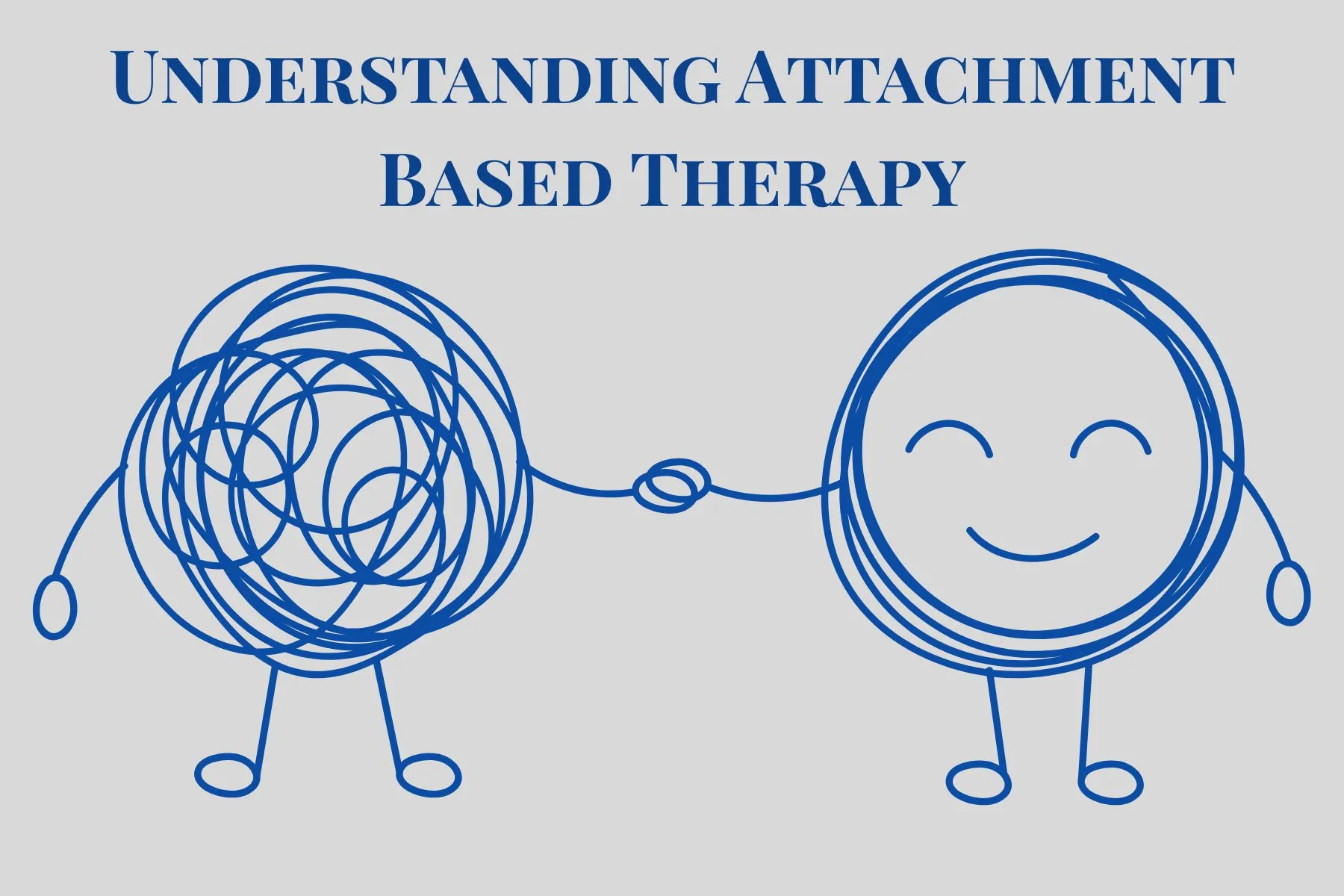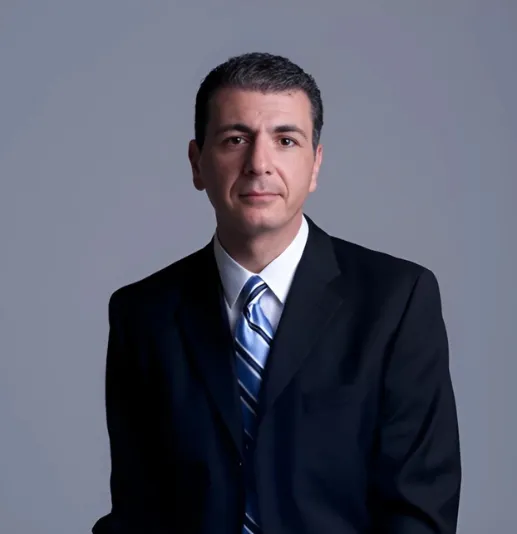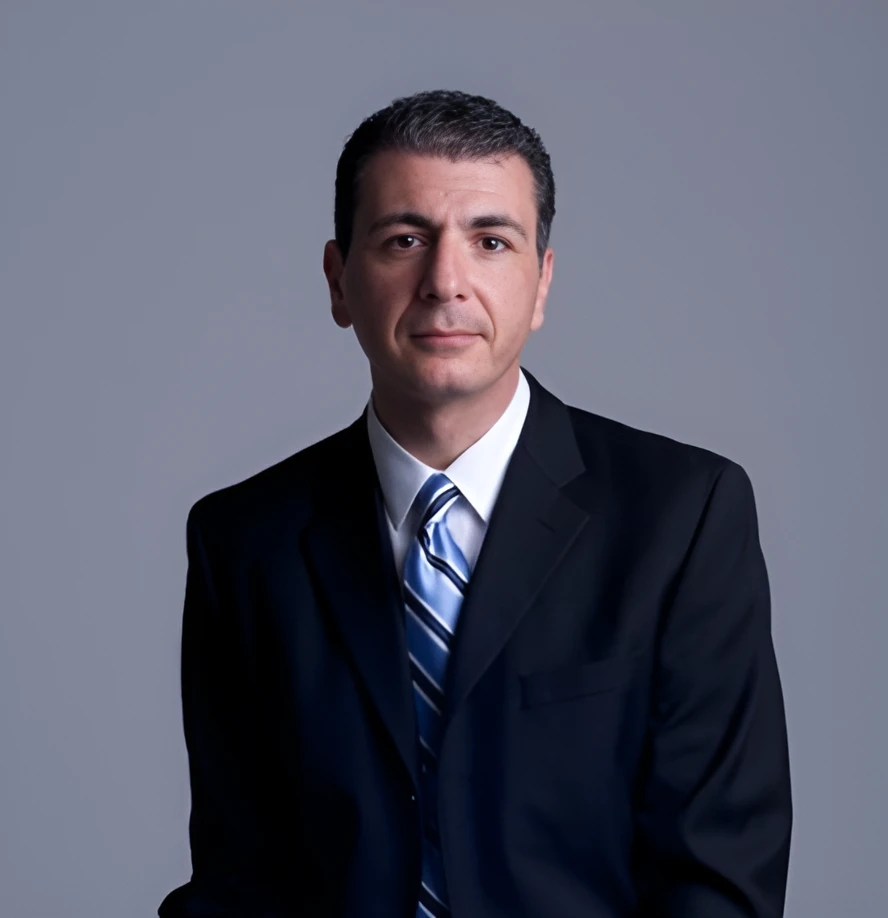Attachment-Based Therapy in San Jose | Heal Past Wounds & Build Stronger Relationships
Attachment-Based Therapy helps us understand how our early relationships shape the way we connect with others.
The way we bonded as infants influences our ability to trust, regulate emotions, and build close relationships as adults.
When past relationship wounds go unhealed, they can lead to anxiety, depression, and difficulty forming healthy connections.
This therapy offers a supportive space to process those wounds, rebuild trust, and create lasting, secure relationships.
Book a free consultation with Dr. Invia to develop a fulfilling relationship and get rid of past relationship wounds.
Understanding Attachment-Based Therapy

We know from research that our early childhood bonds affect our relationships as adults. When children don't receive the love and attention they require regularly, they become guarded, afraid of rejection, and unsure about opening their hearts to others.
They may form patterns like depending too much on others for approval, being aloof or distant, or being unable to maintain healthy relationships.
Attachment therapy makes individuals aware of these patterns, heal the old injuries, and develop healthier and more fulfilling relationships.
Types of Attachment Issues
- Avoidant attachment: People with this attachment style display three characteristics, which include a fear of closeness, problems expressing genuine emotions, and valuing self-dependence.
- Anxious Attachment: Fear of abandonment, excessive need for reassurance, and emotional dependence in relationships.
- Disorganized Attachment: A mix of avoidance and anxiety, often due to trauma or unpredictable caregiving.
- Secure Attachment: The therapeutic objective defines how people can create stable connections, while preserving emotional trust between each other.
Recognizing the Signs and Symptoms of Attachment Issues
Assessing behavioral indicators that stem from attachment problems requires immediate attention.
The presence of attachment issues leads patients to develop emotional issues, struggle with relationship problems, and experience difficulties controlling their emotions.
Emotional and Psychological Symptoms
- Fear of rejection, abandonment, or criticism.
- Patterns of codependency or emotional avoidance.
- Difficulty trusting others, even in close relationships.
- Struggles with self-worth, self-criticism, or deep-seated insecurity.
- The symptoms of unresolved traumatic events or depressive and anxious experiences and attachment-centered emotional problems.
Relational Symptoms
- People excessively rely on their partners for validation as they develop clingy habits.
- Emotional withdrawal or detachment from loved ones.
- Difficulty setting healthy boundaries in relationships.
- Fear of commitment or discomfort with intimacy.
- Struggles with maintaining stable relationships.
Most Common Causes of Attachment Issues
Acquired attachment problems emerge from three primary factors within the early years of life:
- Inconsistent or Neglectful Caregiving: Lack of emotional availability from primary caregivers.
- Childhood Trauma or Abandonment: Loss of a parent, separation, or unstable home environments.
- Emotional neglect forms when children fail to receive affection together with emotional support and validation.
- Previous interpersonal relationships developed fear instincts because they taught emotional distrust and dependency but also showed unpredictable and harmful behaviors.
Unresolved traumatic situations create PTSD which blocks people from nurturing relationships properly.
How Long Do Attachment Issues Last?
If left untreated, attachment issues will continue to affect an individual in their adult life and disturb their mental well-being and relational bonds.
Therapy helps patients both develop awareness of their emotions, as well as build better relationship skills and achieve lasting resilience.
Good communication skills between you and your partner can set you up to have a happy life together. Read our blog ‘Communication exercises for couples’ to strengthen your relationship
Therapy for Addiction
Therapy is a way to re-wire negative thought patterns and break harmful behavior. Common approaches include:
- Cognitive Behavioural Therapy (CBT) - Identifies triggers and builds coping skills.
- Motivational Interviewing (MI) - strengthens commitment to change.
- Co-Occurring Disorder Treatment - Addresses mental health alongside addiction.
- Group Therapy - Being with others (AA, NA etc.) reduces feelings of isolation.
In short, you will have a tailored treatment plan that gives you a safe place to talk about what you are experiencing, while learning strategies for long-term sobriety.
How Should Attachment Issues Be Managed and Treated?
- To establish present relationships effectively, one must analyze their previous attachment styles from childhood.
- Emotional awareness development through learning will improve how people handle their emotions, which creates better interactions.
- The therapeutic environment enables patients to develop their capacity to establish secure relationships with others through practice.
- The practice of cognitive techniques enables the reshaping of negative thoughts regarding abandonment and rejection.
- Relationship stability enhances when people create clear boundaries combined with respectful communication practices.
Read More: Betrayal Trauma and Its signs.
Does Attachment-Based Therapy Work?
Yes. Therapy is not a quick fix, but it can create meaningful change. Many people are unaware of how their past experiences influence their feelings and relationships until they take time to reflect.
With deeper understanding, they can reduce anxiety, improve emotional control, and build stronger connections. The journey may not always be easy, but the growth is worthwhile.
What Does Treatment at ‘San Jose Counseling’ Include?
Attachment-Based Therapy at ‘San Jose Counseling’ includes:
- The first objective focuses on creating a safe therapeutic environment based on trust with patients.
- The evaluation of childhood encounters, together with their effect on present emotional states
- Clients will develop emotional management skills while also gaining a deeper understanding of their own emotions.
- The therapist needs to implement approaches that help the client handle previous traumatic events along with attachment difficulties.
- Therapy helps individuals develop the key skills needed to form meaningful connections with others.
Learn More: 7 Stages of Emotional Affair and The Healing.
How Can Professional Help Bring True Change in Life?
Therapy serves as a structured system through which patients can deal with attachment problems while receiving expert assistance. Professional guidance from trained therapists drives clients toward:
- Past relationship wounds need healing to build trust and intimacy.
- Secure emotional bonds help people develop better relationship patterns.
- Exploring emotions at every stage of growth helps people build self-esteem and strengthen their confidence.
- People need to break destructive patterns in their relationships to create lasting, meaningful connections.
How Long Does Attachment-Based Therapy Take?
The process of healing attachment injuries is different for everyone. Some people heal within a few months, while others need ongoing therapy to build trust and emotional security.
The pace of progress varies, but therapy provides clients with the skills needed to create lasting, positive changes in their relationships.
Book a free consultation with Dr. Invia–a licensed LMFT & CSAT at ‘San Jose Counseling’– to get rid of past relationship wounds and rebuild trust.
Related: When to Walk Away from Someone with Mental Illness.
Talk to Dr. Invia — licensed Marriage & Family Therapist.



